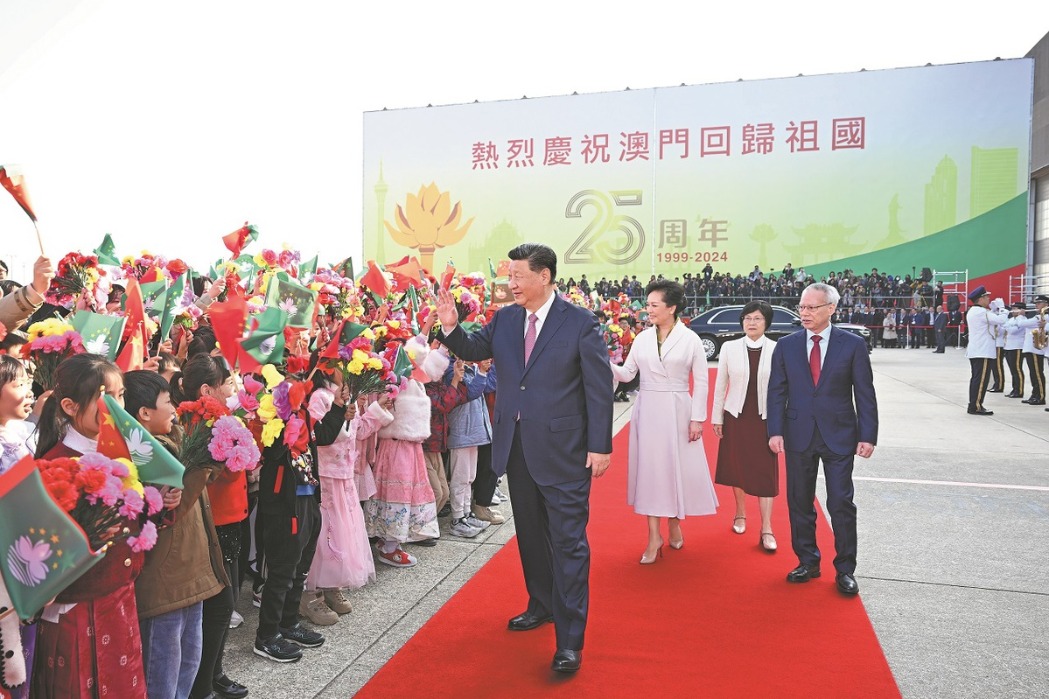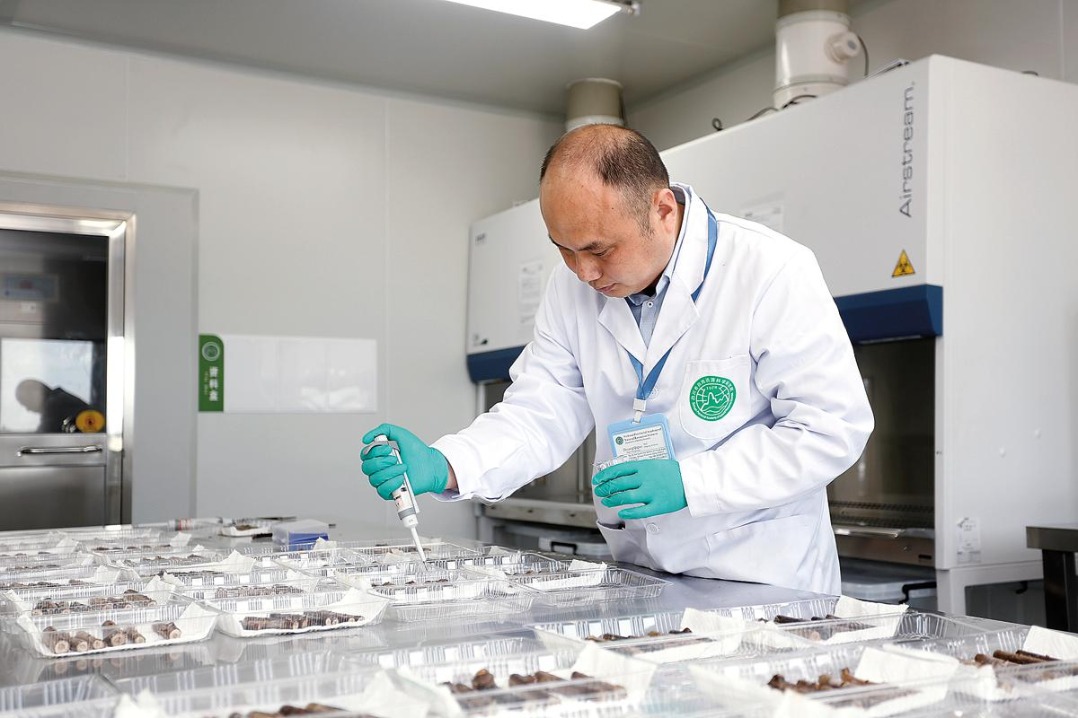Report finds significant drop in PM2.5 level

A report that assessed the health effects of improved air quality in China highlighted a sharp reduction in PM2.5 — particulate matter with a diameter of 2.5 micrometers or less — exposure.
The national average PM2.5 concentration fell from 63 micrograms per cubic meter in 2013 to 33 micrograms in 2020, enabling more than half of the population to breathe air that meets national standards.
The report released on Thursday also found that China has reversed a 0.6-year decline in life expectancy from 2013 to 2020 thanks to significant air pollution control measures.
"The implementation of effective measures to reduce emissions was the leading factor in the decline of PM2.5 concentrations," said He Kebin, an academician of the Chinese Academy of Engineering and a professor at Tsinghua University. "While meteorological conditions played a minor role, the improvements mainly relied on human efforts, particularly during the first round of pollution prevention and control actions."
Key measures included upgrading power industry standards, rectifying coal-fired boilers and promoting clean heating in residential areas, He said.
China invested hundreds of billions of yuan in air pollution control. From 2013 to 2017, the cost of reducing the national average PM2.5 concentration by 1 microgram per cubic meter was about 49 billion yuan ($6.7 billion). That figure rose to 100 billion yuan from 2018 to 2020 as emission reductions became more challenging.
Despite the steep costs, the benefits have been substantial. From 2013 to 2023, infant diseases linked to PM2.5 exposure fell by 83 percent, compared to a 33 percent reduction for adults. Infants face a higher risk of mortality from air pollution than adults, according to Xue Tao, the report's lead author and a researcher at Peking University's School of Public Health.
"Early-life exposure to air pollution has very long-term impacts," Xue said, adding that women are also at heightened risk, with air pollution contributing to infertility, miscarriage and stillbirth.
Globally, PM2.5 exposure is estimated to cause 7.83 million premature deaths annually, reducing the average life expectancy by nearly two years, according to the 2021 Global Burden of Disease Study.
Improved air quality can enhance cognitive function, physical activity and respiratory health while also reducing medical expenses, potentially saving 1 percent of GDP, Xue said.
With an aging population, the health benefits of cleaner air will become even more pronounced, He added.
China's Clean Air Actions have also driven energy transformation, replacing inefficient, high-carbon equipment with cleaner alternatives.
From 2013 to 2020, the measures saved 1.06 billion tons of standard coal and reduced carbon dioxide emissions by 2.43 billion tons, accounting for 3.1 percent of China's cumulative carbon emissions during the period.
- Report finds significant drop in PM2.5 level
- University students urged to use scholarships 'wisely'
- Survey reveals notable growth in farmland
- Senior Chinese officials pledge allegiance to Constitution
- Baicheng to widen new energy plans to achieve green transition
- China builds large commercial radar satellite constellation





































